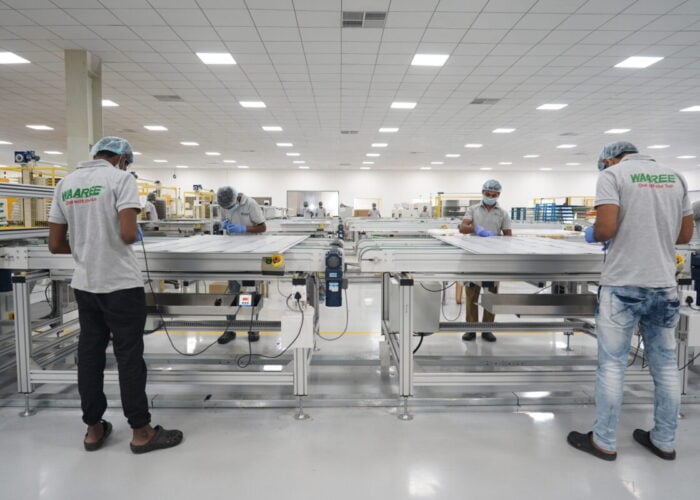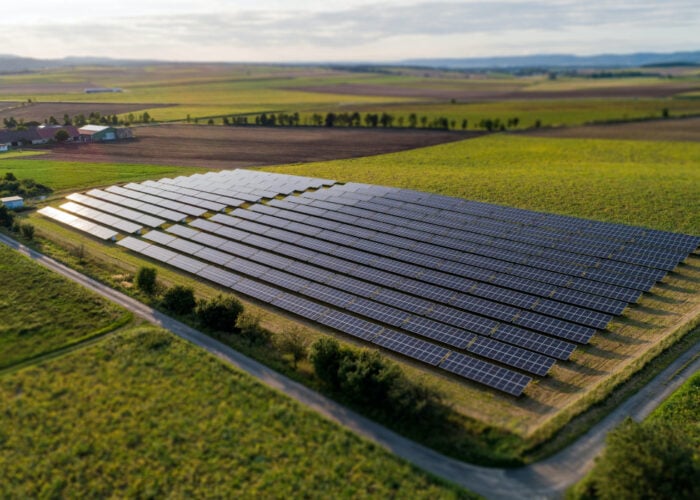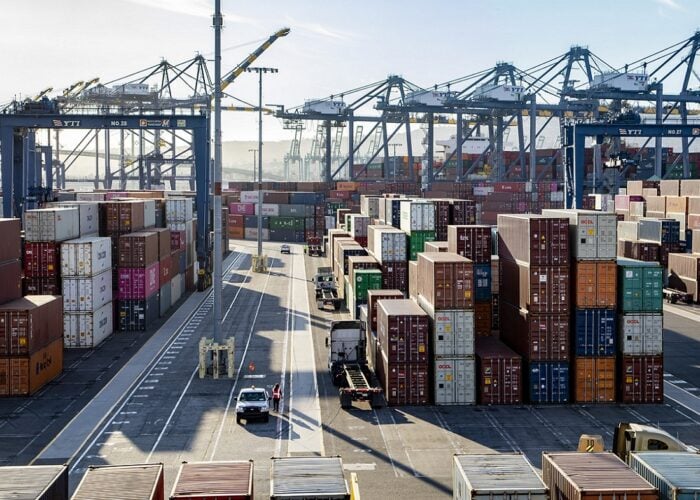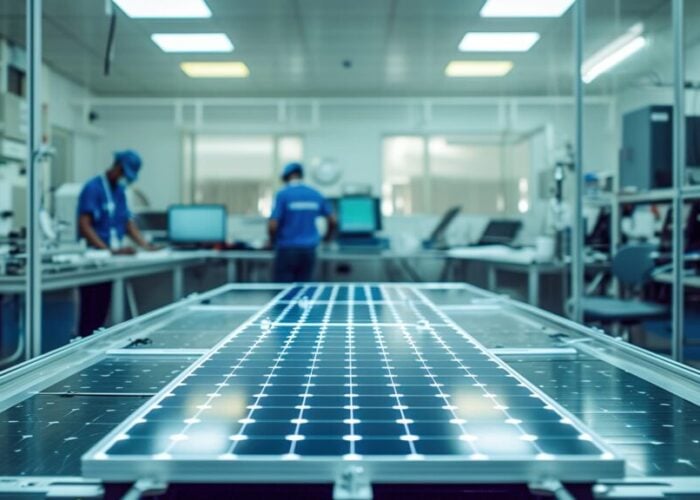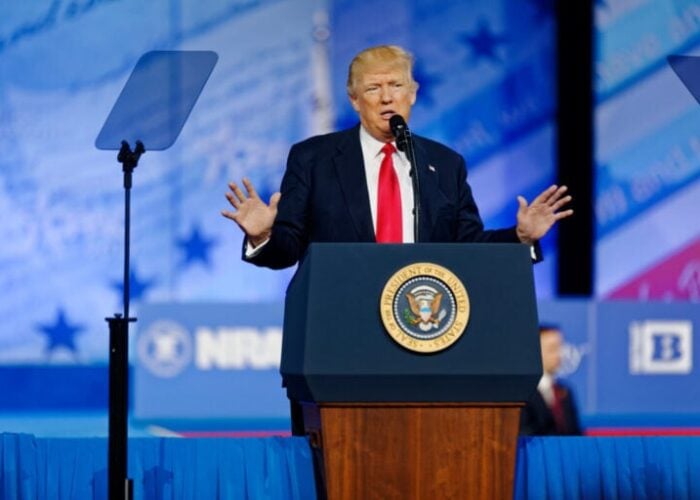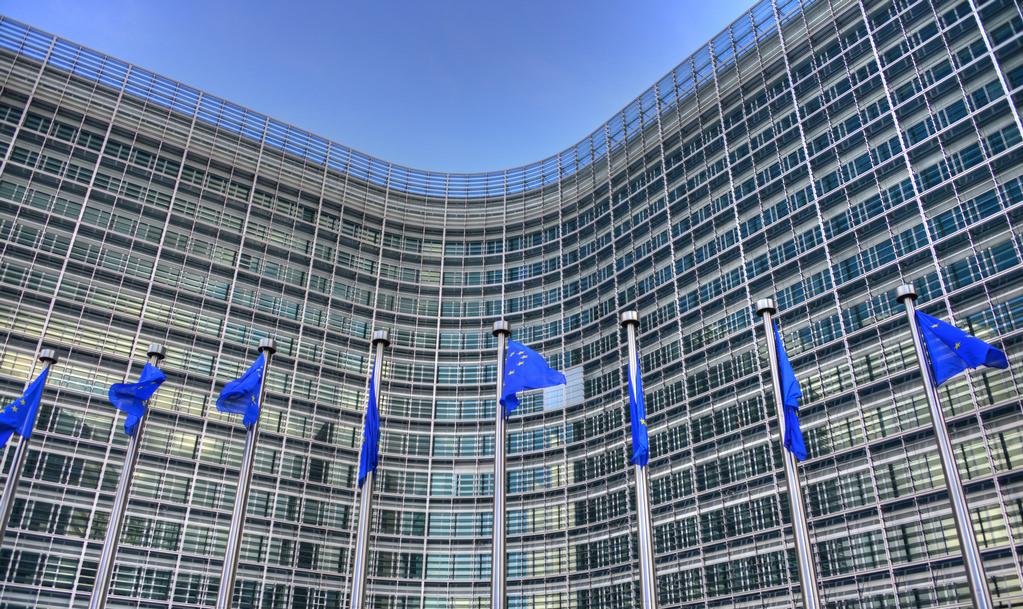
The European Commission has approved a €2.36 billion (US$2.6 billion) Hungarian scheme to accelerate investment towards renewables manufacturing.
In line with the European Union’s Green Deal Industrial Plan, Hungary would use the scheme through direct grants and/or tax advantages.
Unlock unlimited access for 12 whole months of distinctive global analysis
Photovoltaics International is now included.
- Regular insight and analysis of the industry’s biggest developments
- In-depth interviews with the industry’s leading figures
- Unlimited digital access to the PV Tech Power journal catalogue
- Unlimited digital access to the Photovoltaics International journal catalogue
- Access to more than 1,000 technical papers
- Discounts on Solar Media’s portfolio of events, in-person and virtual
Or continue reading this article for free
The scheme was approved under the Temporary Crisis and Transition Framework, a measure adopted by the Commission earlier this year in March and that was aimed to accelerate the green transition and fossil fuel dependency from EU member states. The funds from Hungary’s scheme will be granted before the end of 2025.
Among the technologies the country aims to finance are the production of solar panels, batteries or electrolysers, and other clean technologies. This move from Hungary goes in line with a call made by the European Solar Manufacturing Council (ESMC) asking for EU member states to allocate financial support from REPowerEU grants to bolster the creation of a competitive domestic solar PV manufacturing industry.
Despite that Hungary is not a major solar PV market, as covered in a recent PV Tech Premium feature, the country’s reliance on importing electricity from neighbouring countries – which would need to decarbonise its electricity generation too – could bolster a growth of solar PV in the region and provide a manufacturing capacity for Eastern European countries.
Margrethe Vestager, executive VP in charge of competition policy at the EU Commission, said: “This €2.36 billion Hungarian scheme will support investments towards a net-zero economy. The scheme is open to strategic sectors producing batteries, solar panels, wind turbines, heat-pumps, electrolysers, equipment for carbon capture usage and storage and key components for such equipment. It will support investments and help Hungary to integrate renewable energy in its economy, without unduly disturbing competition.”
Countries in the EU are slowly working towards building domestic manufacturing capacities with the recent example of Germany’s expression of interest (EoI) that seeks up to 10GW of solar PV manufacturing across the entire value chain, of which at least 2GW of capacity for modules. Several companies have already shown interest in Germany’s EoI, among them Switzerland-headquartered module and cell manufacturer Meyer Burger – who recently secured €200 million from the EU Innovation Fund to build a 3.5GW annual capacity of solar cells and modules in Germany and potentially Spain – and US cadmium telluride thin-film module manufacturer First Solar.

